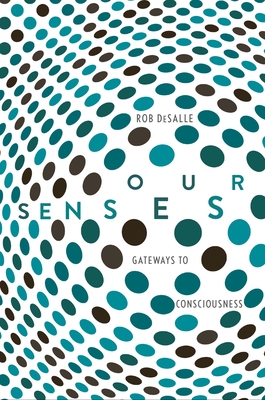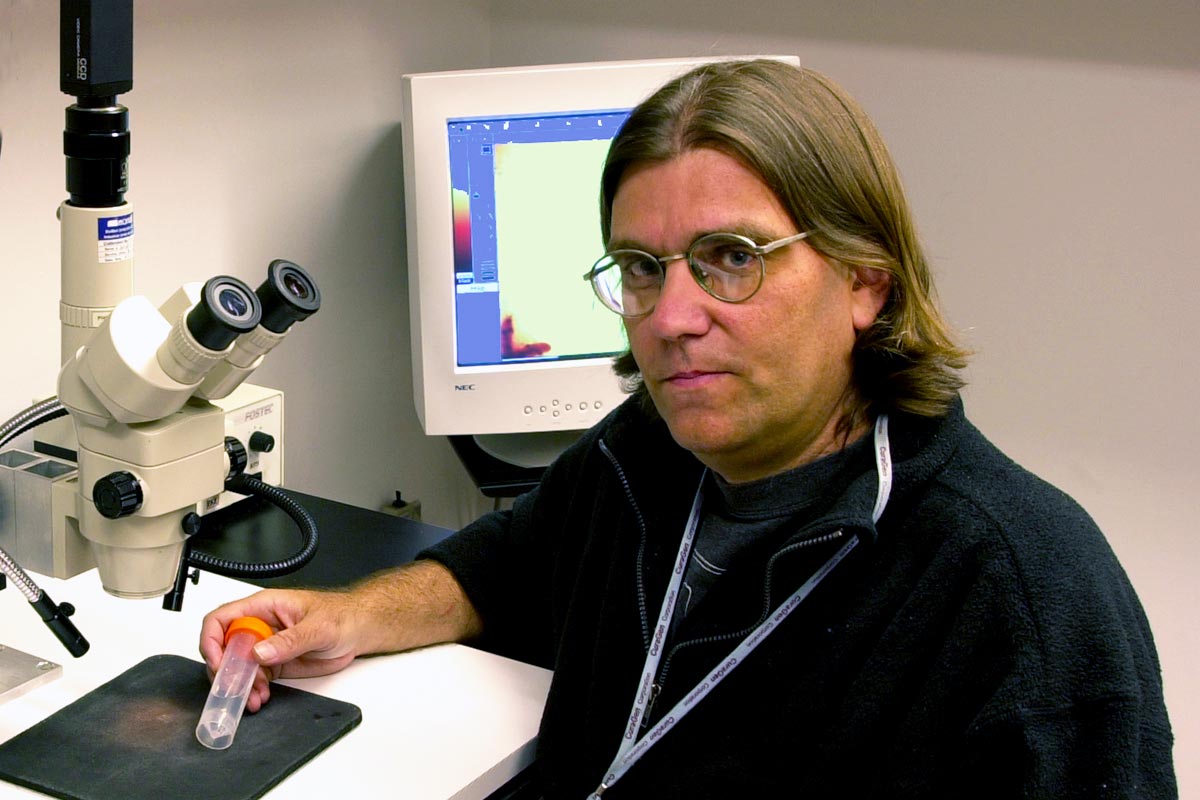

 Yale University Press
Yale University Press
Our Senses: An Immersive Experience


Key Metrics
- Rob DeSalle
- Yale University Press
- Hardcover
- 9780300230192
- 9.5 X 6.4 X 1.1 inches
- 1.3 pounds
- Science > Life Sciences - Neuroscience
- English
 Secure Transaction
Secure TransactionBook Description
Over the past decade neuroscience has uncovered a wealth of new information about our senses and how they serve as our gateway to the world. This splendidly accessible book explores the most intriguing findings of this research. With infectious enthusiasm, Rob DeSalle illuminates not only how we see, hear, smell, touch, taste, maintain balance, feel pain, and rely on other less familiar senses, but also how these senses shape our perception of the world aesthetically, artistically, and musically.
DeSalle first examines the question of how perception and consciousness are formed in the brain, setting human senses in an evolutionary context. He then investigates such varied themes as supersenses and diminished senses, synesthesia and other cross-sensory phenomena, hemispheric specialization, diseases, anomalies induced by brain injuries, and hallucinations. Focusing on what is revealed about our senses through the extraordinary, he provides unparalleled insights into the unique wonders of the human brain.
Author Bio
Dr. DeSalle works in molecular systematics, microbial evolution, and genomics. His current research concerns the development of bioinformatic tools to handle large-scale genomics problems using phylogenetic systematic approaches.
Dr. DeSalle has worked closely with colleagues from Cold Spring Harbor Labs, New York University, and the New York Botanical Garden on seed plant genomics and development of tools to establish gene family membership on a genome- wide scale. His group also focuses on microbial genomics, taxonomy, and systematics.
In particular, they approach tree-of-life questions concerning microbial life using whole genome information. He also dabbles in Drosophila systematics.
Education
- Washington University, Ph.D, 1984
University of Chicago, B.A., 1976
Source: American Museum of Natural History
Videos


Community reviews
Write a ReviewNo Community reviews